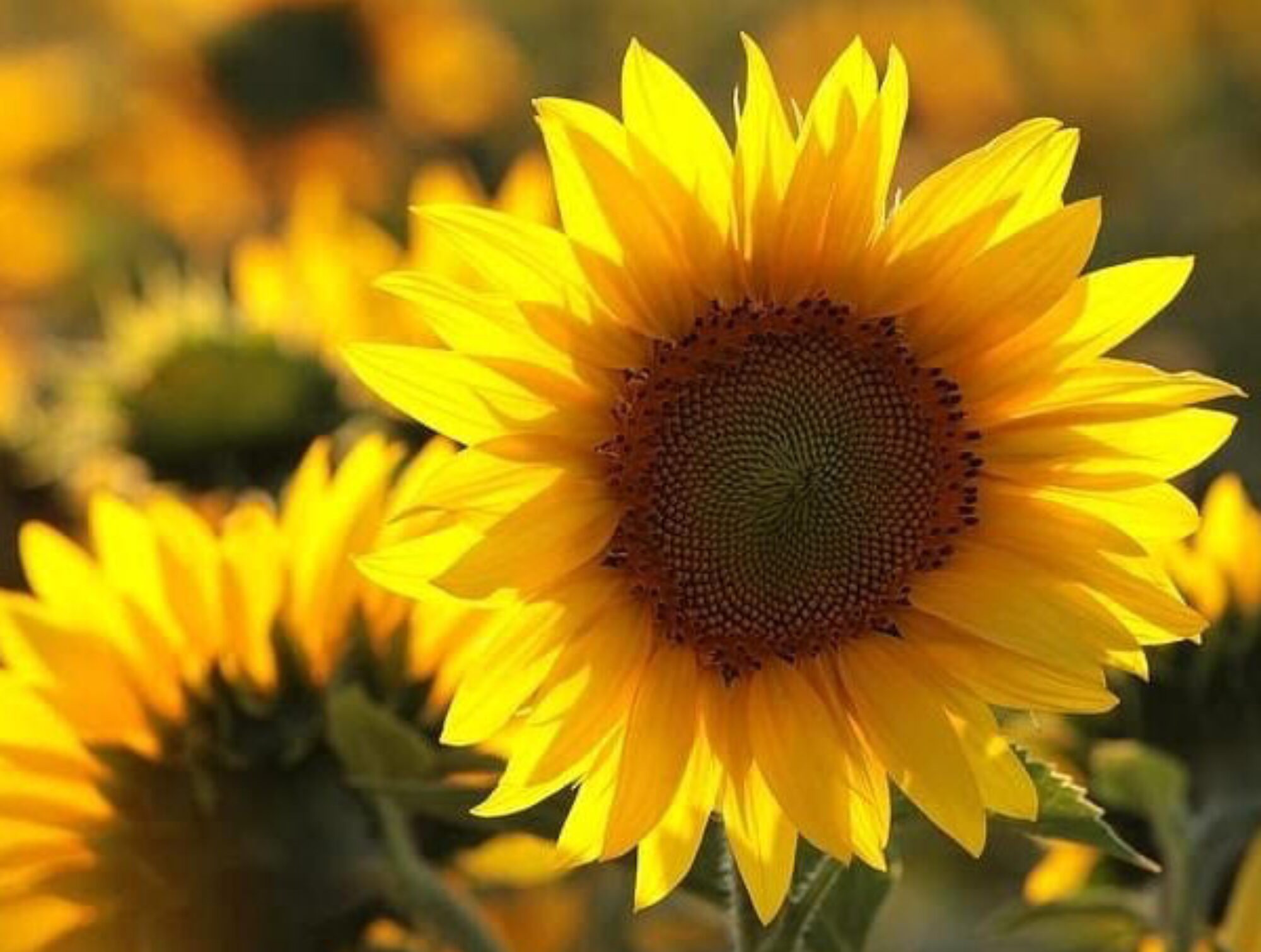Protect Your Roses and Flowers From Summer Insect and Disease Damage This Weekend!
Protect your Roses NOW from Summer insect damage with Bayer All-In-One Rose & Flower Care available in liquid and granular form at AB Seed. It is important to get this product on as early as possible to protect the plant from insect and disease issues.
Bayer Advanced All-in-One Rose and Flower Care’s Exclusive Formula feeds and protects against insects and diseases in one easy step. It provides 6 weeks protection against the major problems of Roses, Hibiscus, Iris and other Flowers and Shrubs. No spraying, just mix and pour this formula around the base of the plant. Growing beautiful roses, flowers and shrubs has never been easier.
- 3 Systemic products in one-insect control, disease control and fertilizer
- One application protects against insects and diseases for up to 6 weeks
- Mix and then pour at plant base-No spraying required.
- Controls Adelgids, Aphids, Black Vine Weevil Larvae, Japanese Beetles (adult), Lacebugs, Leaf Beetles, Leafhoppers, Mealybugs, Psyllids, Thrips, Whiteflies and More
- Controls Black Spot, Powdery Mildew, Rust and Southern Blight
Stop in this weekend to pick some up for your Roses and Flowers.
Avoid Common Planting Mistakes on Edibles
Avoid Common Planting Mistakes
• Plants will fail to flourish if roots are too deep or too shallow.
• Take care that soil is packed firmly around the plant roots.
• Do not plant near wild plants or near plants whose origins are unknown.
• Water well 1-3 times a week, not every day!
• We advise you to plant all the roots of the plant without cutting the roots.
• All of our plants prefer full sun and will not thrive in shady spots. A half day of
sun or more is necessary to ripen your berries.
• We recommend a 10-10-10 fertilizer for all of our plants (blueberries need our
17-6-6 or Ammonium Sulfate).
Strawberries
• Avoid planting strawberries in soils where previous crops have included strawberries,
raspberries, potatoes, tomatoes, eggplants or peppers. These crops may harbor
soil pathogens which may affect your new plants.
• Do not mulch using materials like decayed or wet leaves that tend to mat
down and can smother plants.
• Do not renovate day neutral strawberries.
Brambles
• Caution should be taken to prevent the roots from being planted too deep.
• Plant green tissue culture plants only after danger of frost has passed.
• Do not mulch brambles beyond the first year.
• Do not mow down summer-bearing raspberries; they fruit on 2 year-old canes.
• You only need to cut-back the canes which bore the previous year.
Asparagus
• Be careful not to damage emerging spears when cutting below the soil surface
during harvest.
• Asparagus require very sweet soil—be sure that soil pH is at 7.0-7.2.
• Do not add compost to soil until plants are growing.
• Do not soak prior to planting.
Blueberries
• Blueberries require an acidic soil with a pH between 4.5-4.8. A pH of 5.0 or higher is too high!
• Do not use leaves or excessive sawdust as mulch. Either can limit or prevent rains from
reaching the soil and plant roots.
• Excessive sulfur can be toxic.
• Do not apply fertilizer at planting or in late summer or early fall. This could lead to
new, succulent growth that is susceptible to winter injury and may lead to entry
points for disease.
• Blueberries can be adversely affected by potassium chloride.
Do not use fertilizer that contains it.
• We do not recommend Aluminum Sulfate. Use elemental sulfur instead.
Info from www.noursefarms.com


